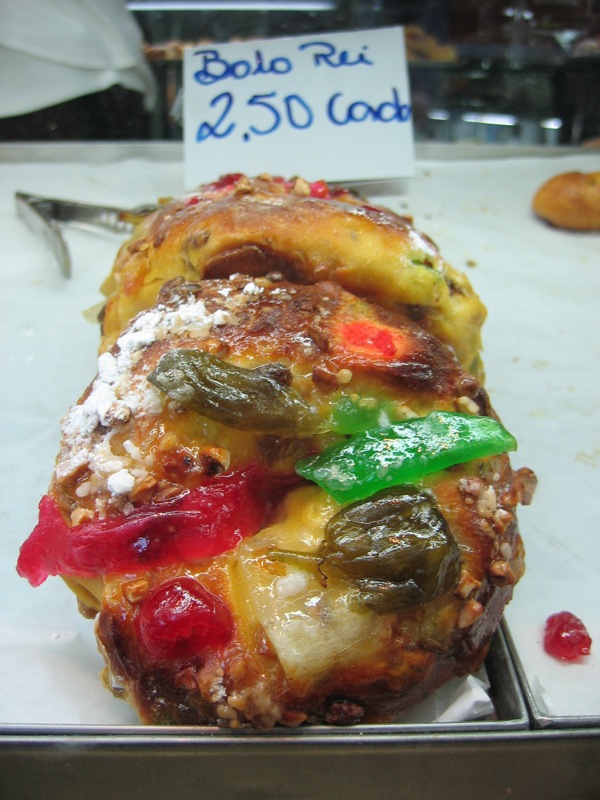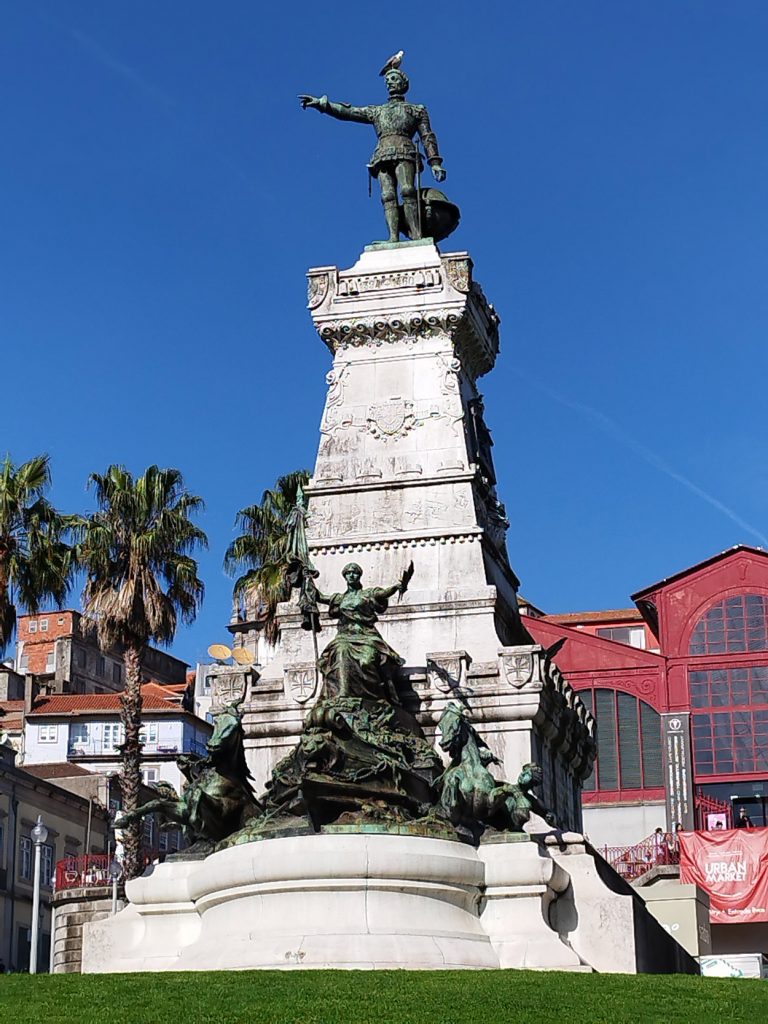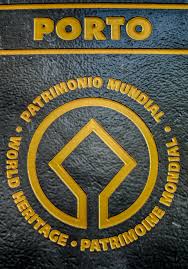The Kings’ Day, celebrated in Portugal on January 6th, marks the end of the Christmas festivities and pays homage to the visit of the Three Wise Men, (Gaspar, Balthasar and Melchior), to the Newly Born Jesus. This date symbolizes the manifestation of Jesus to the world and is also known as Epiphany.
In Portugal, The Kings Day is surrounded by several traditions that vary from region to region. One of the most emblematic practices is the Cantar das Janeiras, or simply the Janeiras, in which groups of people walk through the streets announcing the birth of Jesus by singing and playing traditional songs with folk instruments like tambourines, bass drums, flutes and guitars. Traditionally, these groups would go door to door asking residents for the “leftovers” from the Christmas festivities, but nowadays these “leftovers” often are translated into cash. The tradition is especially alive in villages and small towns, promoting a spirit of sharing and coexistence among neighbours. Another iconic element of this celebration is the Bolo-Rei (king’s cake), a crown-shaped sweet pastry, decorated with caramelized dried fruits, which refers to the offerings of the Three Wise Men. Traditionally, this cake hides a single dry bean seed and a gift, and whoever found the bean, would have to buy the cake on the following year, while finding the gift symbolized luck throughout the coming year. Today the practice of the bean and the gift has changed and practically disappeared, mainly due to food safety concerns and the European Community standards.

The Kings Day is also the time when many families take down their Christmas decorations, such as the nativity scene (Presépio) and the Christmas tree, officially ending the holiday season. Although it is not a public holiday in Portugal, the date remains a celebration rich in symbolism and cultural traditions, passed down from generation to generation.


